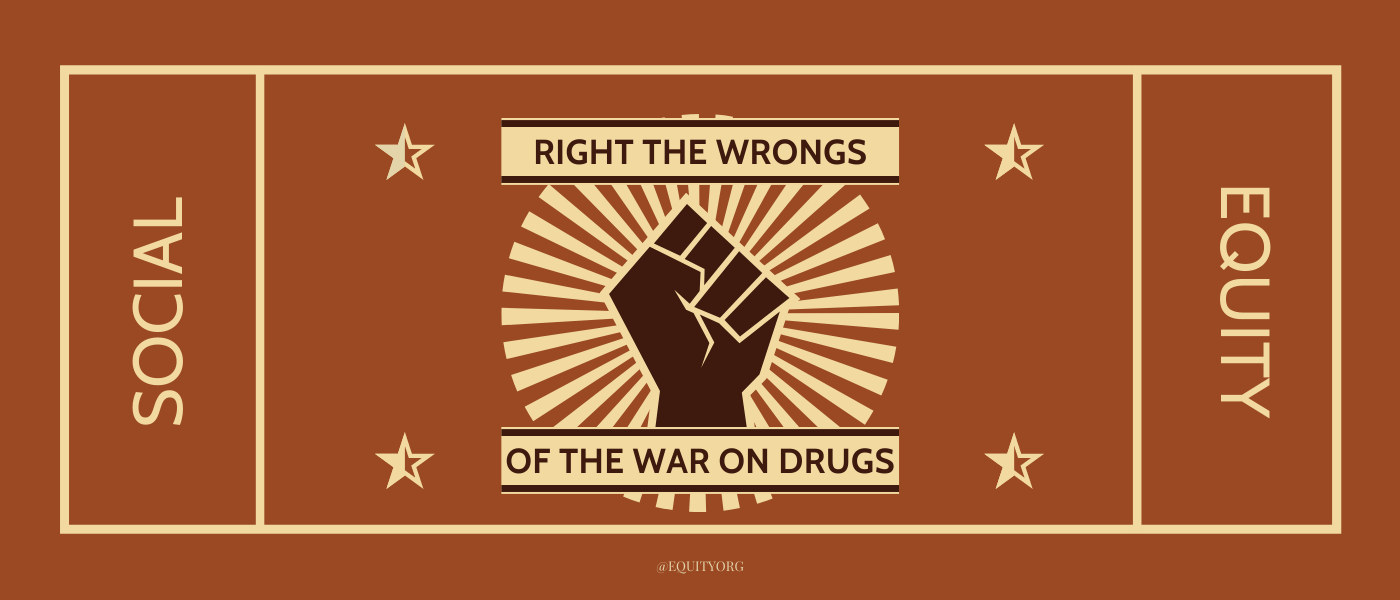Supreme Court Justice John Paul Stevens wrote the opinion for a 6-3 majority in the 2005 case of Gonzalez v. Raich. To the dismay of marijuana advocates who see medical marijuana as a state issue, the Court ruled that the Constitution’s Commerce Clause gives Congress the authority to prohibit marijuana even in states with medical cannabis laws. A footnote in the opinion, however, left the issue open to further examination; or so says U.S. District Judge Kimberly Mueller.
Stevens, pictured above, pointed out that if the evidence were to be found credible after trial, it would “cast serious doubt on the accuracy of the findings that require marijuana to be listed in Schedule I.” Judge Mueller began a hearing on Friday — originally scheduled for Monday — regarding the constitutional implications of the Raich footnote given new evidence of marijuana’s medical efficacy.
“The government tried four times to vacate the matter. Judge Mueller said in court, ‘If the Supreme Court had not dropped footnote 37 in the Raich case, I might not deny the motion.’ ” [California NORML]
Zenia Gilg, a San Francisco lawyer and member of NORML Legal Committee, filed a 188-page brief with the court on November 20, 2013. Her primary assertion is that prosecution under the federal Controlled Substances Act for marijuana violates the Constitution’s Equal Protection guarantees. She challenges the rational basis for the classification needed to sustain the law. After all, times have changed since Raich was decided.
“At that point, not a lot was known about the medicinal benefits of marijuana,” said Gilg. “It’s about time somebody looked at the new evidence.” [SFGate]
While …read more
Source:: Weed Feed







Leave A Comment
You must be logged in to post a comment.